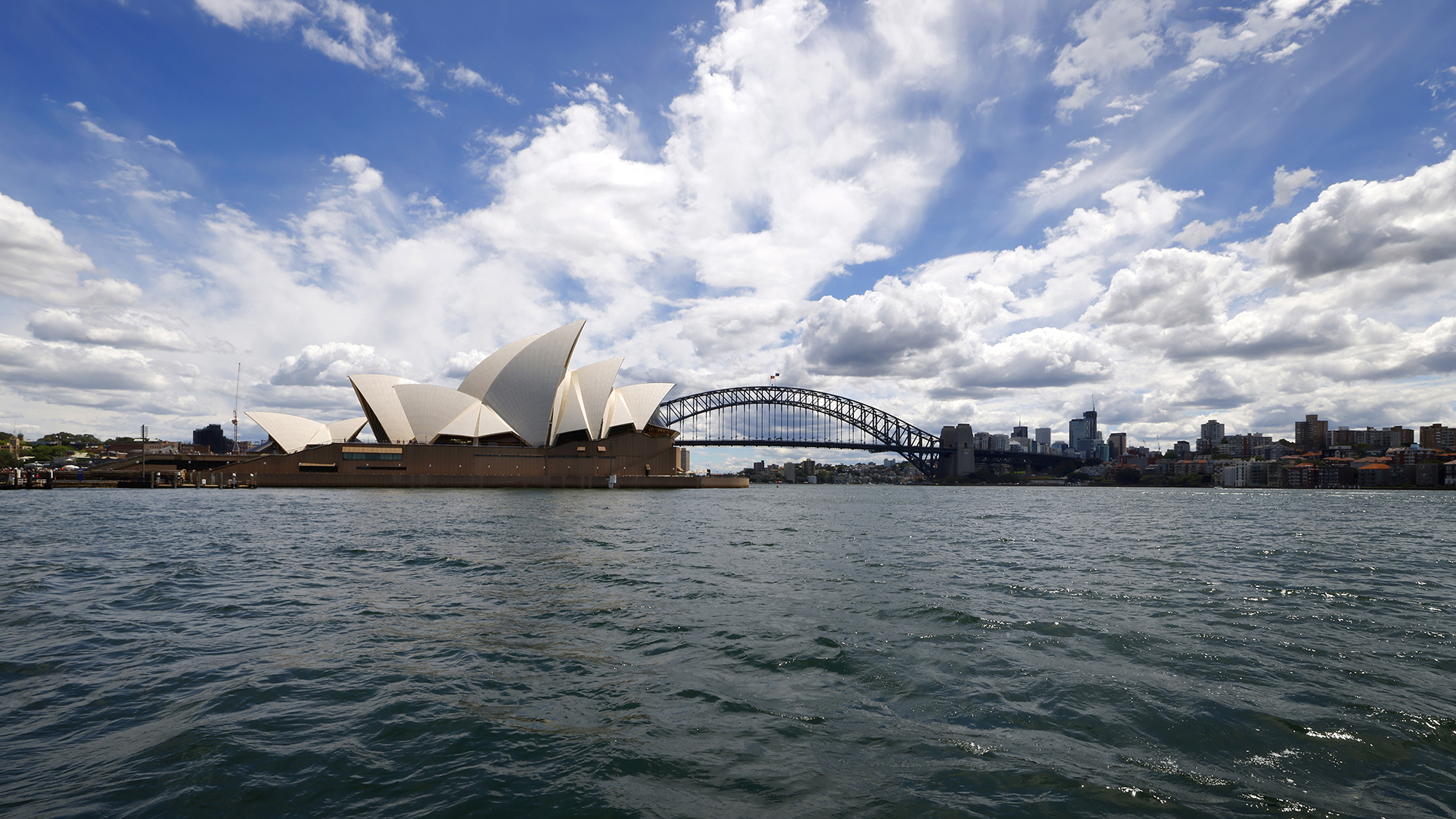The NSW Police Force has a strong commitment to building trust with young people while reducing crime, violence and fear of crime in the community.
Youth Issues
Schools
School Liaison Police
The role of the School Liaison Police (SLP) is to ‘Increase the positive relationships and remove barriers between the school
community and police’. This is facilitated by developing programs and activities that involve students understanding the law, police role and their responsibilities to the community.
School Liaison Police are here to work with you and your school community to address issues that may be of particular interest to your school as well as general issues relating to incidence of crime that are taking place in the local and school community. Find out more about School Liaison Police
Schools at a glance
Find out the rules for school at the NSW Department of Education
School Safe - Resources for Primary School Children
This program aims to help children identify the safe adults in their community, as well as safe places to go when they are lost, feeling unsafe or frightened or are in danger. Other goals include enabling children to develop their own personal safety strategies, to respect their bodies
and their personal space, to feel empowered with the ability to say NO and seek help when they feel unsafe or unsure, and to have the confidence to tell a trusted adult if they are being harmed in any way. Download the School Safe resource booklet
Emergency Helpers Program
NSW Ambulance, in consultation with NSW Police Force and Fire and Rescue NSW have developed a free electronic Emergency Helpers Program to assist you in the education of children between 3-5 years. Download the Emergency Helpers resource booklet
Out and About
Out at night
- Always keep enough money for a taxi or telephone call
- Have your keys ready before you get to your home or car
- Carry a personal alarm or whistle if you have reason to feel unsafe
- Where possible, park your car in a busy, well lit area
- If someone in a car threatens you, run in the opposite direction the car is facing
- If attacked, shout as loudly as you can.
Planning a party
See our party planning advice
Online Safety
The following information has been provided to assist users and parents address some of the many issues and risks associated with using the internet. Due to the nature of the speed at which the internet can change, this advice cannot be exhaustive. As these issues change frequently, the best defence is education - remaining aware of the vulnerabilities the internet presents.
Settings
Check the settings on your social networking page, change it so only those you know and trust can see anything about you. Check it regularly as the settings may be changed by the Host site. Be aware that even though your settings may be secure, your friends' settings may not be the same, which can leave you vulnerable.
Profile
Review the profile you have placed on line. How much does it reveal about you? Are you happy for everyone to know all this about you?
Details
Don't put your photo, contact details or your current school on your profile. If you need to, give these details out to people you know and trust. What you place on the internet is no longer private, and is no longer under your control. Others may use it for any purpose they wish.
Sending images over the phone
It is a criminal offence to take, transmit or possess images that are considered child pornography (of a person under 18 years) and may attract a penalty of up to 10 years gaol.
The consequences of taking private photographs of yourself and sending them could cause you and your family a great deal of embarrassment for a very long time. Once you have sent them, you have no control of where they go or what they are used for. More importantly you can’t get them back, even if you want to.
If you receive something inappropriate, don’t delete it, and tell your parents or an adult that you trust as soon as possible. If you continue to receive this type of material, tell the sender to stop. If need be, change your phone number.
Parents - learn from your children
Ask you child to show you what they look at on line, discuss the risks involved. Look at their profile, and the list of friends. Are you comfortable with what is on display?
Mobile Phones
Access to social networking sites can also be done via mobile phones, so it is important the skills are applied to all access. Parents can’t be looking over their children’s shoulders all the time.
'Send' is definite
Once you have hit the send button, all of your information is available for many to see. Depending on the material, this may be humiliating, causing embarrassment for you and your family.
The Internet is here to stay, we have to accept it and learn about its vulnerabilities.
Cyber-bullying
It is common for cyber bullying to take place on social networking sites. Often cyber bullying escalates from conflict that begins in a school environment. The content of cyber bullying messages are taunting and insulting and often result with similar messages being sent back. While these matters cause a significant amount of stress and anxiety for the victims and parents, the actions rarely amount to a criminal offence. If you are being bullied on-line or by mobile phone
- Report the cyberbullying material to the social media service.
- Collect evidence – take screenshots or copy URLs.
- If the material is not removed within 48 hours, report it to the eSafety Commissioner.
- Block the person and talk to someone you trust.
- Tell the police if it escalates to threats of violence.
The following sites offer further information and advice on these issues:
eSafety helps Australians have safer experiences online through a range of reporting tools and helpful resources for parents, teachers and young people.
It operates a cyberbullying complaints scheme to help young people under 18 get serious cyberbullying material removed. eSafety also help Australians who’ve had their intimate image or video shared online without their consent. Make a report or find more information about an online safety issue at www.esafety.gov.au.
ThinkUKnow is an Internet safety program delivering interactive training to parents, carers and teachers through primary and secondary schools across Australia using a network of accredited trainers.
Sextortion
Schoolies
Schoolies Celebrations: Tips to Stay Safe
Looking out for your friends / mates
- Stay together and always tell them where you are going and who you are going with.
- Agree on places to meet if you separate and don’t rely solely on your mobile phone in case there is insufficient battery or coverage;
Getting Home
- Have a plan on how you will get home – public transport / taxis are often the safest option.
- It’s illegal and unsafe to drive under the influence of alcohol and / or drugs.
- Never drive if you have consumed alcohol or an illicit substance and never get in a car with someone who has.
Safe Sex
- Practice safe sex – be prepared;
- Only ever engage in CONSENSUAL sex. Consent must be explicit and remember that people under the influence of drugs or alcohol may not be able to consent;
Stay healthy / well
- If you are going to drink keep track of how many drinks you have had;
- Avoid drinking spiking by watching your drink, avoid sharing drinks, buy/pour your own drink and don’t accept drinks from people you don’t know;
- Drink plenty of water and stay hydrated;
- Eat well;
- Mixing alcohol and drugs (legal or illegal) is dangerous and increases personal risk;
- If you feel anxious or overwhelmed talk to your friends – find a safe quiet place where you can ‘chill’ out;
- If you or your friends feel unwell seek help. The safest thing to do may be to call Triple Zero (000). Calling Triple Zero (000) does not mean you are calling / involving the police or that you will get into trouble; Stay with your friend and wait until help arrives..
So knowing how to celebrate and party safely is important.
Using any illicit drug - like ecstasy, LSD, methamphetamine is illegal and dangerous. You don’t know what the ‘drug’ contains, how pure it is or how it will affect you as an individual.
And being intoxicated, whether due to alcohol or drugs, can have significant consequences:
- Loss of inhibition and decision- making skills leading to an increase in risk taking – e.g. unsafe sex; using drugs; driving under the influence; committing crime
- Loss of coordination and muscle control;
- Blackouts – passing out / loss of memory;
- Alcohol poisoning or overdose;
- Increased vulnerability to victimisation – sexual coercion, aggressive behaviour.
If you are going to be celebrating schoolies make sure you do it safely and don’t risk your health or that of one of your friends:
Remember to be true to yourself / know what’s right for you
- Be firm and clear about your choices without making a big deal about it. You’re not alone – most young people haven’t used drugs and don’t want to.
- People might try to persuade you to change your mind but you don’t have to – your mates should understand and will respect you more for standing up for yourself.
Look after yourself and remember you don’t have to drink or take drugs to have a good time!

